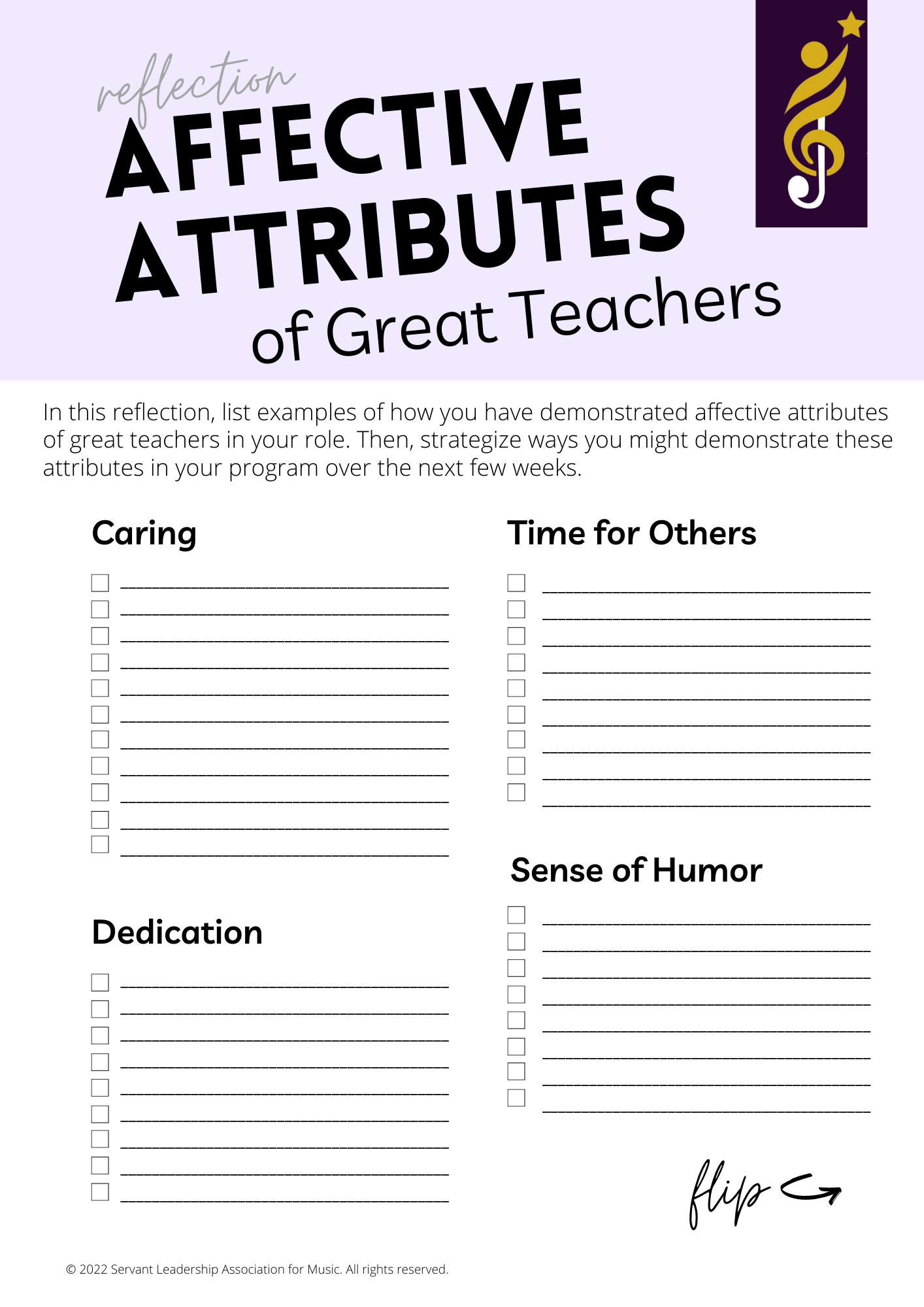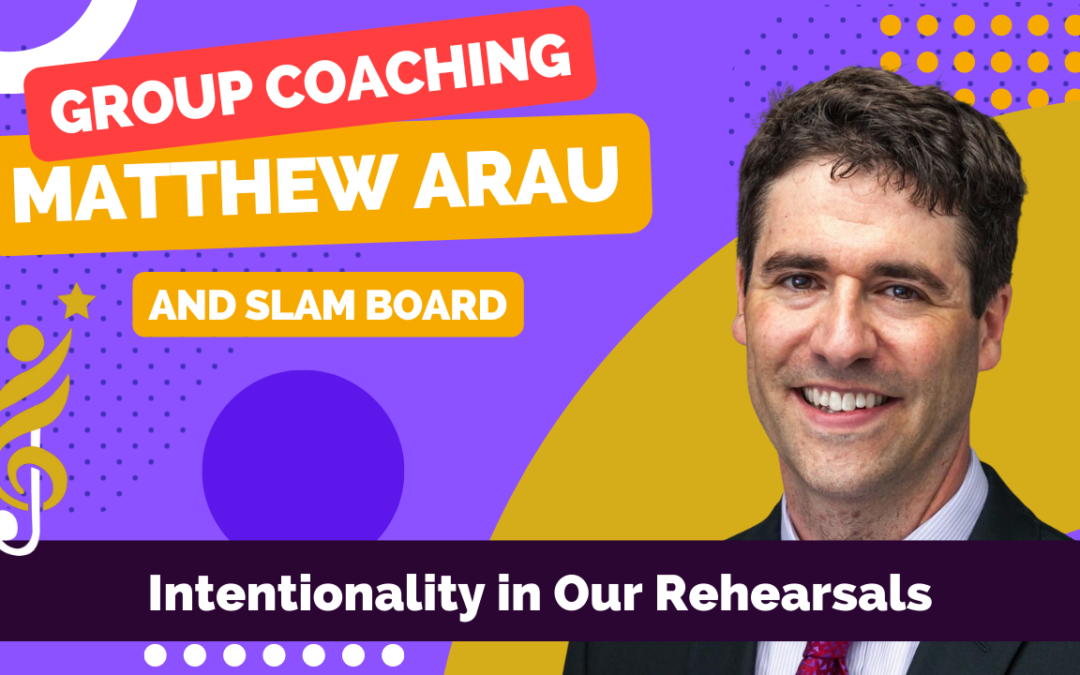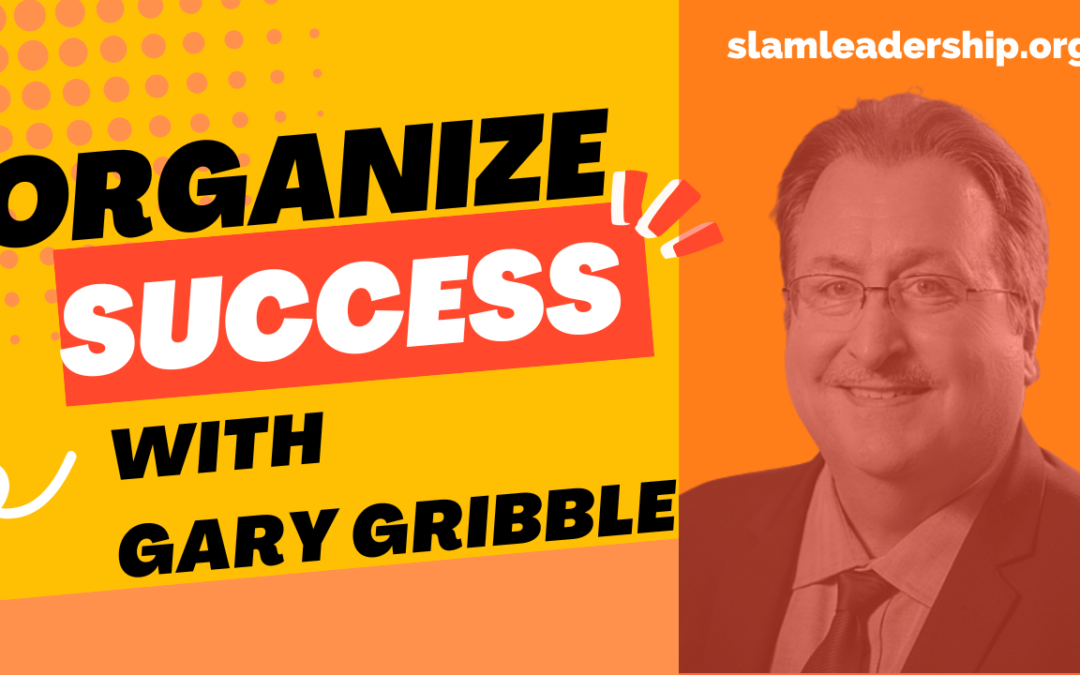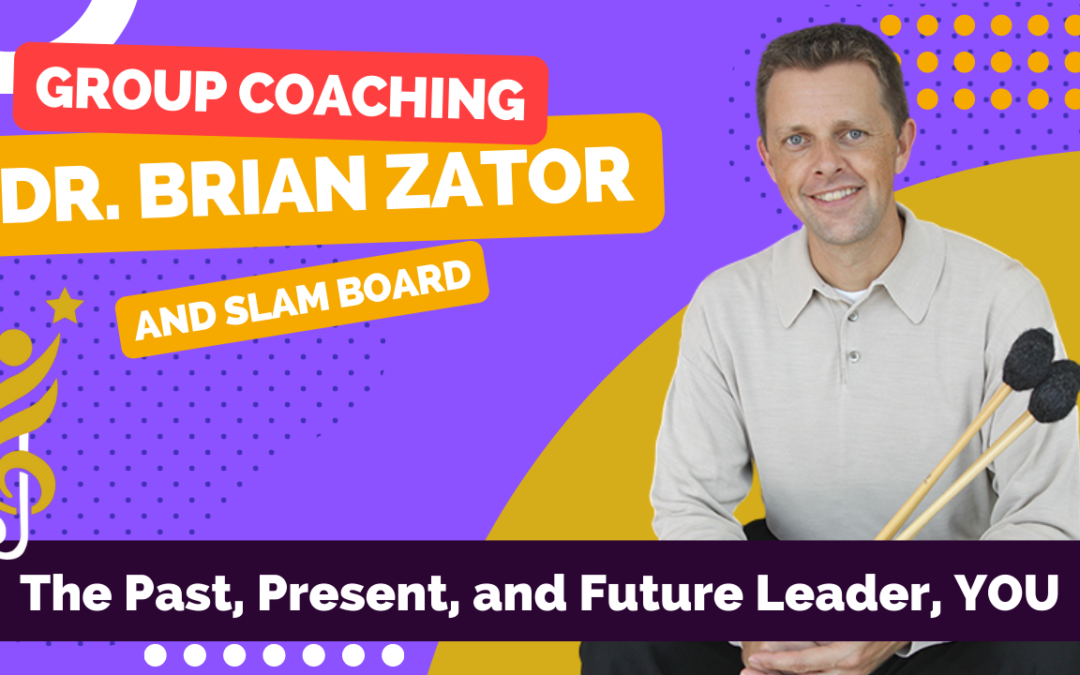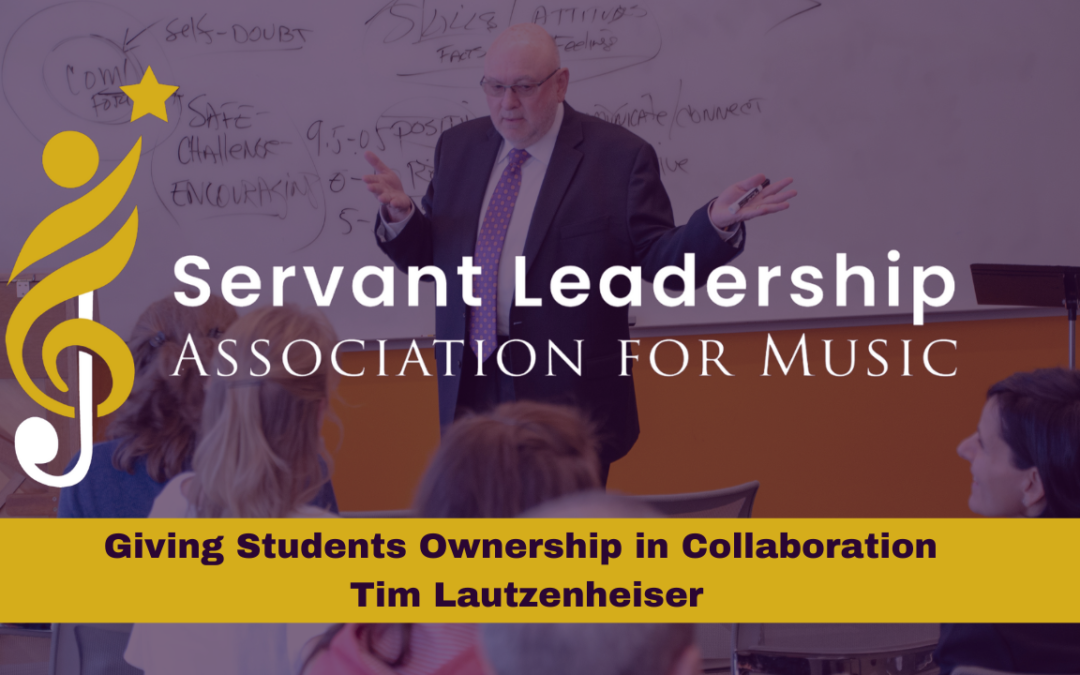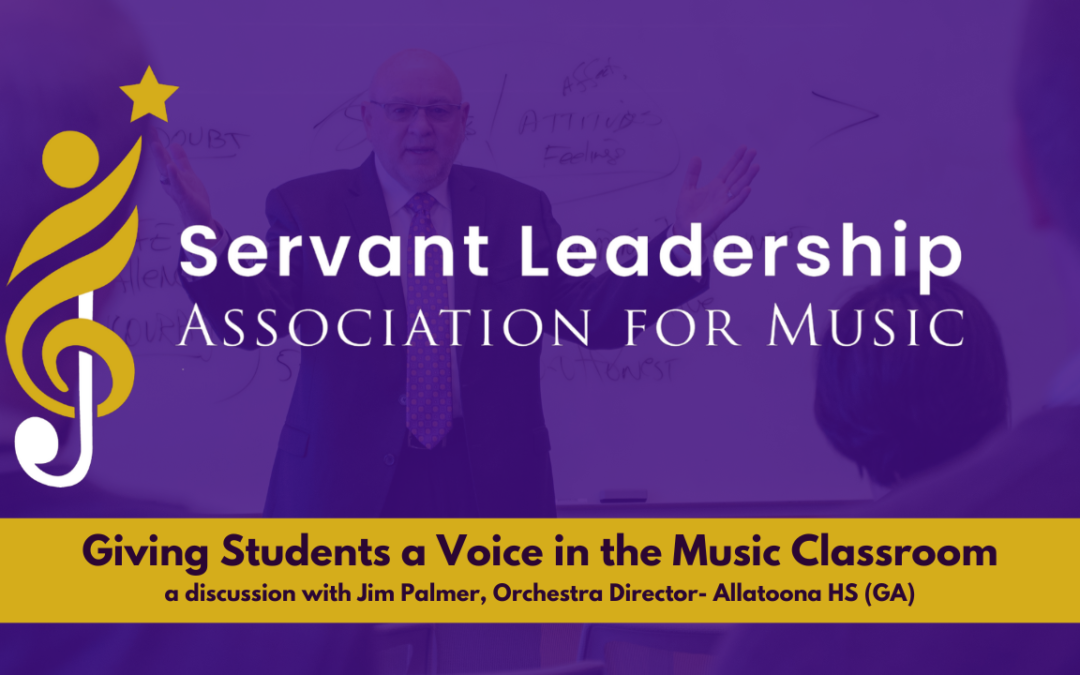The important thing is this: to be able, at any moment, to sacrifice what we are for what we could become. —Charles DuBois
What Makes a Great Teacher?
If we were fortunate, we all had some teachers who were able to touch something down deep inside us that really determined our thinking about everything. Perhaps they cofirmed a certain belief pattern, influenced the way we handled problems, or caused us to understand a behavioral habit, etc. These were special educators––super teachers gifted in shaping and directing our lives.
No doubt many of us chose to become teachers because of these influential individuals. We wanted to follow in their footsteps and have used them as models in developing our own styles of teaching.
What made these educators different from the other teachers? They went to the same colleges, took the same courses, and parked in the same lot with the other faculty. They suffered the same budget cuts, took their turns at lunch-line duty, and had personal crises. Yet, there was something distinctively different, a certain charisma that separated these teachers from the masses.
Wouldn’t it be wonderful if we could identify these qualities and pass them on to all teachers who could, in turn, have an equal impact on their students? Or think about taking a college methods course on “Techniques of Meaningful Life Direction via Classroom Material” or “Creating Personal Fulfillment and Purpose through My Classroom Experience.” We would all sign up for those courses! What do you suppose the curriculum would be? What texts would they use? Who would teach the class? Would we study the Bible? Socrates? Plato? Would we do research or do role-playing experiments? How would we gain this important information to ensure effective teaching?
In our educational world we have two basic areas of emphasis: cognitive (skills, facts, measurable information) and affective (attitudes, feelings, conceptual thinking). To help us determine the characteristics of these great teachers, let us be specific in identifying what made them stand out in our assessment of the countless educators who were a part of our formal learning. Take just a moment and remember one or two of your finest teachers, and then focus on the attributes that gave them this personally bestowed honor in your life. The list of qualities will probably look something like this:
- They were caring.
- They showed tremendous dedication.
- They always had time for me.
- They had a good sense of humor.
- They could communicate well.
- They enjoyed their work.
- They showed personal discipline.
- They were fair.
- They demonstrated persistence.
- They respected me as a person.
(And the list goes on and on…)
If we take this list and divide these qualities into skills and attitudes, it will give us some basis for determining the inherent characteristics of this extraordinary teacher. (Of course, all of this can be argued; however, let’s bypass these “either/or” details in favor of coming to some conclusion that can benefit all of us.)
Caring. There’s no question about this one. It’s an attitude. It takes a certain amount of skill to maintain this attitude, but caring is a choice of behavior.
Dedication. Although maintaining any sort of dedication is a real skill, the people who are dedicated don’t learn this from a text. If they weren’t dedicated, they wouldn’t be reading the texts in the first place. Dedication is an attitude about how we are going to spend our given time and with what intensity level we are going to focus our energy.
Having time to share. Certainly we are talking about a major attitude here. We all have the same number of hours in the day. Any educator can decide how to spend those given hours. We all admire those unique teachers who welcome our personal thoughts and show sincere interest in us beyond the classroom.
Sense of humor. Humor is the shortest distance between two people. The most effective humor stems from the enjoyment of the day-to-day situations that occur right under our noses. In most cases, we can either get upset about what happened or find some humor in it and move on. Humor releases tension; anger causes it. Definitely, a sense of humor is an attitude.
Communication. We read a lot about “communicative skills,” and certainly there is a lot to be said for understanding how to communicate. Yet, with all the skills in the world, little is exchanged unless we are ready to accept the responsibility of expressing ourselves. We all make a conscious choice to share or not to share. Therefore, communication becomes a skill fueled by an attitude.
Enjoyment. We may “learn” the habit of enjoyment, but for most people enjoyment is a direct reflection of their attitude. People choose to enjoy opera, football, stamp collecting, gardening, or whatever. They have a positive attitude about what they are doing. Others may learn (skill) all the ins and outs of a particular activity and still never enjoy one moment of their involvement.
Personal Discipline. We all admire and respect the person who is willing to go the extra mile. And we all have this opportunity each and every day. There is no book on how to be disciplined. It is a matter of enforcing our willpower. It’s making up our minds to seek excellence. It’s an attitude about how we want to live our lives.
Fair. Many times we think of a fair teacher as one who broke existing rules because the rules were unfair in a given circumstance. Perhaps this teacher extended a deadline on a paper, gave extra credit for dedicated service, or even violat- ed a school policy to see you have a better opportunity. Most certainly, this is an attitude about the student’s best interests.
Persistence. This wonderful key to success is the very attitude separating those who “know” from those who “succeed.” These great examples simply will not give up! When all others throw in the towel (and justifiably so), here comes master teacher with two or three more efforts, which ultimately set the standards for all others. This quality represents a very simple choice: I won’t quit! What a tremendous attitude.
Respect. Teachers who respect their students also respect themselves. We cannot give to others what we don’t have for ourselves. No academic degree or position can give you respect. Respect is something that comes from within. It is an attitude about oneself that transfers directly to those around us. So often we think attending this or that workshop, clinic, or seminar will make us more effective teachers when, in fact, we should be thinking: this new information will give me more to share with my students via my effective teaching.
As we have discovered, those high-quality mentors were the ones who displayed incredible attitudes. We all have experienced teachers who were knowledgeable (beyond compare) yet totally ineffective in the classroom. We respected their bank of facts but eagerly looked forwa rd to the completion of the class so we could get on with life. Then there were those magical teachers who brought us to the edge of our seats, often in subject areas where we had no specific interest other than getting caught up in the enthusiasm reflected from this compelling force, the teacher!
All of us want to improve our teaching effectiveness. (If we don’t, perhaps we’re not real teachers in the first place!) There is no question we will continue to sharpen our skills because this is the way we grow, learn, create, and become more qualified to do our best work. These skills offer us the ability to move forward in our purpose. However, these skills are virtually worthless in our educational system unless they are used in the correct fashion and with the proper attitude.
If we are destined to make a positive difference in the lives of our students, then we must develop those qualities that are trademarks of the master teacher: positive, productive attitudes!
The exciting part of all of this lies in the fact that when we accept this reality, we not only become better teachers, but we also improve our own lives, which in turn allows us to be more effective in the classroom, and the cycle goes on and on. But the truth is: we are the only teacher we have ever had! Let’s give ourselves a greater education via great attitudes!
Here’s to teaching excellence!
Lautzenheiser, T., Everyday Wisdom. GIA Publications. Reprinted with permission of the publisher.
